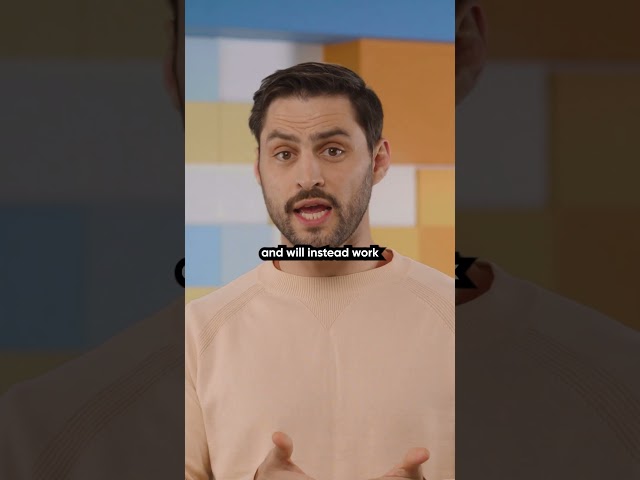Artificial Intelligence, often shortened to AI, is a powerful technology that is transforming the way we live and work. It is helping us solve complex problems, make our daily tasks easier, and even express our creativity in new and exciting ways. AI refers to computer systems that can perform tasks that usually require human intelligence, such as recognizing speech, making decisions, and even playing chess. But there’s so much more to AI, and its potential seems almost limitless.
AI in Everyday Life
You might be using AI more often than you realize. Do you have a smartphone? Those handy virtual assistants, like Siri and Google Assistant, use AI to understand your voice commands and help you with tasks like setting reminders or finding directions. When you watch a movie on a streaming service, recommendations for what to watch next are powered by AI. This type of AI learns from what you’ve enjoyed in the past and uses that information to suggest new content that you might like.
AI Boosting Creativity
AI is not just for techies and coders. It’s now a tool for artists, musicians, and creators of all kinds. For example, AI can compose music, generate stunning artworks, and even write stories. Imagine a robot composing a symphony or painting a picture; it sounds like science fiction, but it’s happening today! These AI creations often start with patterns and data, using algorithms to try and replicate the creativity that comes so naturally to humans. While we might worry that AI could replace human artists, it’s crucial to see it as a tool that can expand human creativity, offering new possibilities and inspirations.
Learning and Developing Skills
One of the most exciting aspects of AI is its ability to learn and adapt, known as machine learning. This means AI systems can become better at their tasks by learning from the data they’re given without being specifically programmed. It’s like teaching a child to ride a bike for the first time. Initially, they need help and instruction, but eventually, they learn and can ride confidently without assistance.
AI in Healthcare and Education
AI’s role extends beyond creativity and entertainment; it’s making significant strides in fields like healthcare and education. In healthcare, AI can analyze medical data much faster than humans, helping doctors diagnose diseases earlier and more accurately. For instance, AI systems can examine X-rays and MRIs to identify issues that might be too subtle for a human eye.
In education, AI can provide personalized learning experiences for students. It can assess a student’s strengths and weaknesses, then tailor the learning material to suit their individual needs. This way, students can learn at their own pace and receive the attention they need to succeed.
The Future of AI
As we look to the future, the potential applications of AI are vast and varied. It could lead to breakthroughs in areas like climate change, where AI might help us to better model and understand our planet’s changing climate. Or in automated vehicles, where AI could make cars and buses safer and more efficient. However, with these benefits come challenges. As AI becomes more integrated into our lives, it’s important to consider ethical questions, like data privacy and the impact on jobs. But if guided responsibly, AI holds incredible promise for improving our world.
AI is not just about robots and technology; it’s also about enhancing human experiences and opening up new frontiers. Whether helping grandma find a new baking recipe or supporting scientists in their latest discoveries, AI is here to stay and grow. With thoughtful approaches, AI brings with it a future filled with possibilities and creativity.










